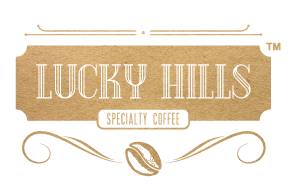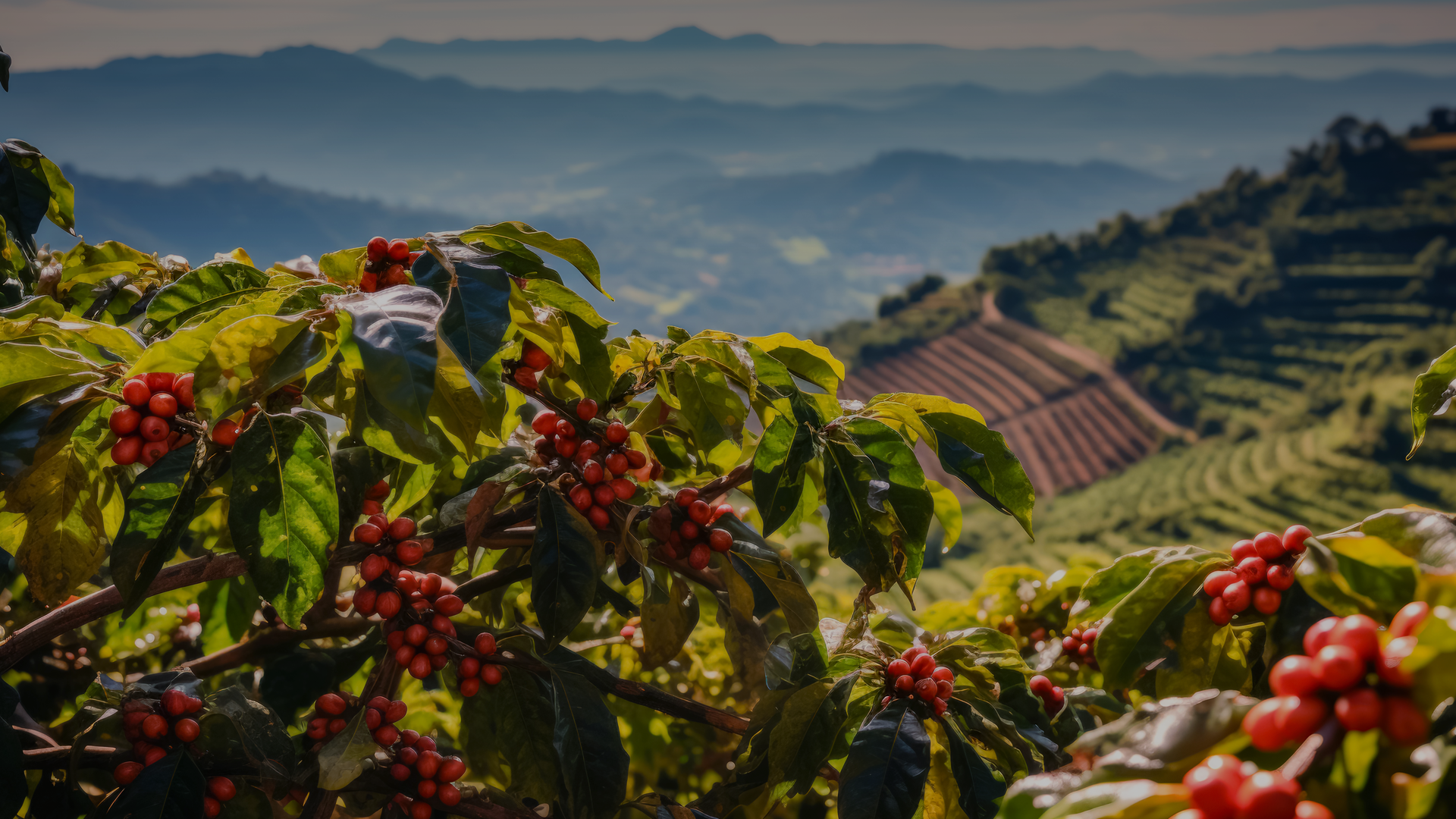At a time when environmental awareness is gaining more and more prominence and the rush to adopt responsible practices becomes palpable, business sustainability emerges as a key piece for companies that aim not only to profit, but also to leave a positive footprint in the world. According to a Nielsen research, for consumers, a combination of environmental and social sustainability is crucial to influence the brand’s reputation.
This current reality embraces everything from small eco-friendly actions to ethical trade strategies, shaping itself as a determining factor for corporate success.
Within this context, beyond ready-made formulas, it is necessary to always be in search of new information and in tune with market updates. Only then it is possible to find the business model that perfectly matches what you are seeking for your business. And the careful choice of business partners who share a commitment to sustainability is one of the paths to be considered.
Suppliers such as Lucky Hills, in the specialty coffee market, exemplify this approach, strengthening the bonds between companies and coffee producers. This connection not only ensures product quality, but also demonstrates an authentic commitment to more sustainable and ethical practices.
Why is sustainability important in business?
The answer is multifaceted. In addition to being ethically responsible, sustainability in business can be a powerful tool of differentiation in the market, creating a strong brand recognized for its values, as well as building a base of loyal and conscious customers who value not only the product or service, but the positive impact that their purchase generates.
Another point is that the importance of sustainability in business does not only encompass the environmental aspect, but also the social and the economic ones. In this scenario, by adopting practices such as direct trade, companies contribute to building a more sustainable and resilient market in the long term.
This approach promotes a change in traditional paradigms, setting new excellence standards. Moreover, incorporating transparency and humanity into a brand directly reflects in the quality of the product supplied, promoting customer satisfaction and enchantment.
Why buying Lucky Hills coffee will make the results more sustainable
Lucky Hills positions itself as a strategic ally for companies that seek to serve quality specialty coffee working with direct trade, a strategy that drives sustainability in business in several aspects:
- Traceability and transparency
Lucky Hills’ direct trade model connects buyers directly to producers, eliminating intermediaries and creating a transparent and traceable relationship. This means that companies can be sure of the origin and production practices of the coffee they are buying, providing an ethical and sustainable product.
- Consistent quality and preserved terroir
Lucky Hills is dedicated to providing high-quality coffees with unique characteristics of each terroir. Through direct trade, companies can ensure a steady flow of exceptional coffees, without fluctuations in quality and with full preservation of regional characteristics.
- Brand value increase and positive reputation
Being part of an ethical and transparent business chain, with a focus on social and environmental well-being, such as the one offered by Lucky Hills, means serving top-notch specialty coffees at your establishment. This excellence is maintained through a solid and reliable business partnership.
Read more:
What is considered a sustainable coffee?
As noted, the greatest asset of direct trade is that, when looking at sustainability, it is possible to expand the business scope as a whole, establish the right connections, enhance its reputation and conquer the market.
Thus, with the partnership of Lucky Hills, companies have the opportunity to align their operations with environmentally responsible practices, ensuring high-quality products directly from producers. This not only reinforces the commitment to sustainability in business, but also offers a competitive advantage in the market, attracting conscious consumers and promoting a positive impact on the sector.
Lucky Hills Coffee: prioritizing sustainability in business
Lucky Hills coffee beans are carefully selected and grown in Carmo da Cachoeira, in the south of Minas Gerais. This region, recognized as one of the most prestigious coffee-growing areas in Brazil, benefits from geoclimatic conditions, making it a favorable environment for the cultivation of 100% arabica coffee.
Because we are a local company, the imported beans are locally roasted in Florida on demand. Then they are marketed by leading professionals in the US food service market, without intermediaries, and with the most advanced technology. Thus, Lucky Hills provides the best tasting experience, while establishing sustainable and exceptional relationships.
Consider Lucky Hills for a partnership and be ready to modernize the way you manage your business.



